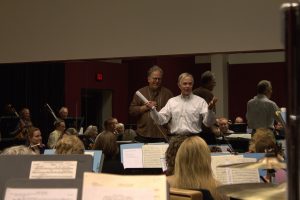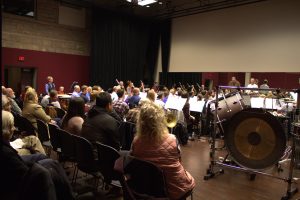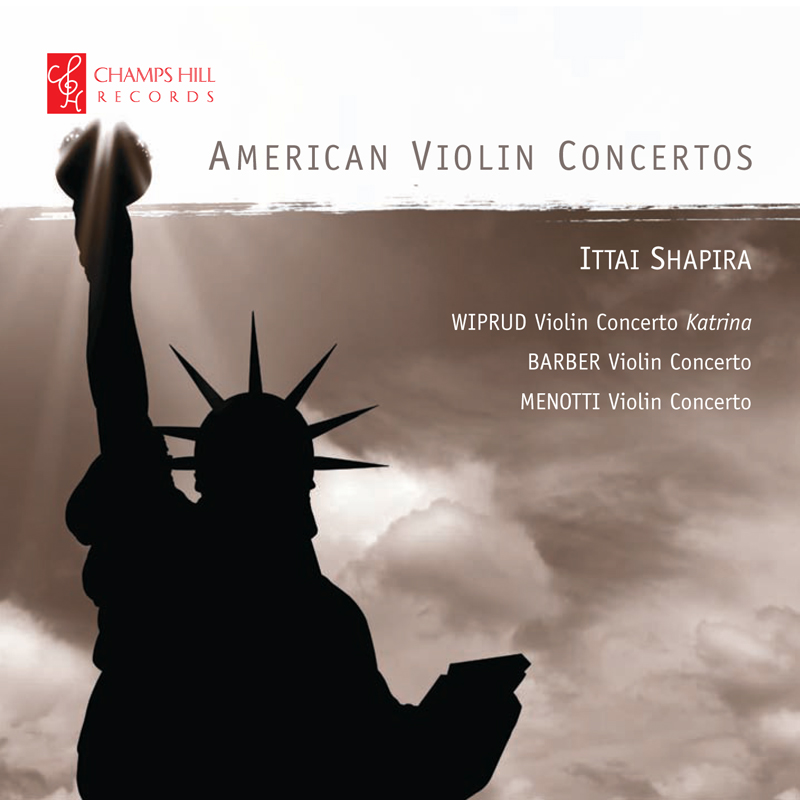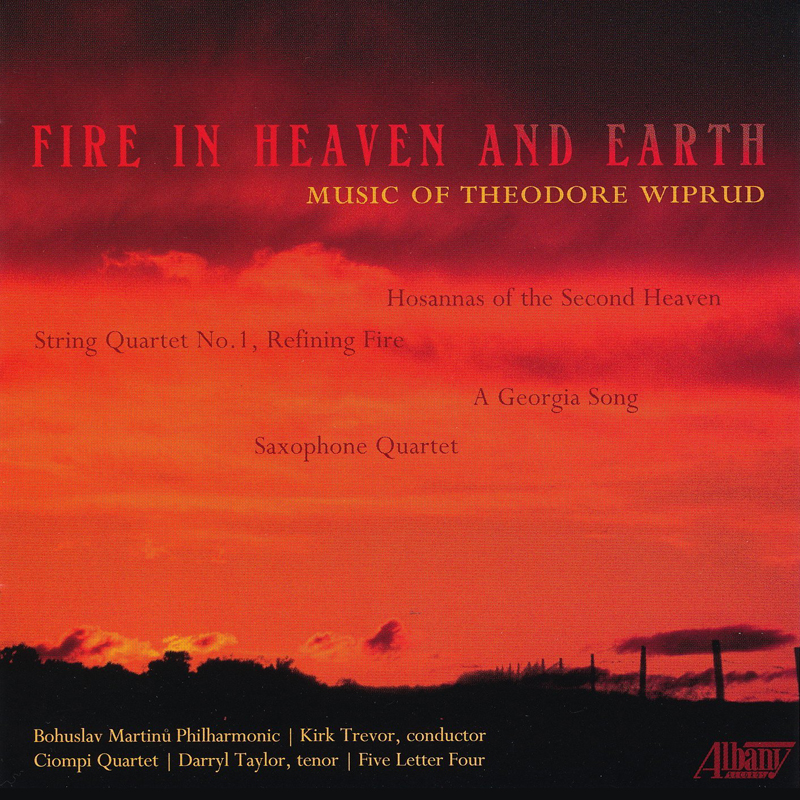The first rehearsal of a new orchestra piece is often painful. Conductor and players need time to sort out what they are dealing with, and a composer who is foolish enough to be present can easily panic: what have I done? Now imagine doing all that in public. My Music Alive residency with the South Dakota Symphony mandates finding a way to open up the creative process to the public. What we came up with in Sioux Falls was an open rehearsal on my new work in progress.
Let that sink in, fellow composers. My four rough drafts, tentatively developing a set of orchestral ideas, read down for the first time in front of an audience. Intimidating? You bet. I obsess over perfection, especially in working with orchestra, where rehearsal time can be so scant. Any error in the parts wastes valuable minutes of rehearsal – never mind any error in orchestration. This is why most of us are so conservative in writing for orchestra. But here I was, putting out parts for a piece only half-baked (well, I did proof the parts obsessively), and not only in front of the orchestra, but in front of an audience.

On top of that, in order truly to bring the audience into my creative thinking, we programmed excerpts from four standard-repertory works that have inspired or illustrate what I’m after in this piece. So here I was, presenting my drafts alongside Copland, Mahler, Stravinsky, Sibelius.
I upped the ante even further by pushing the envelope in a few ways. I purposely over-orchestrated so that I could experiment in the workshop with subtracting various lines. I wrote a very difficult passage for the strings to see how fast they could play it with a bit of rehearsal. I wrote a part for chains, not sure of how they should be played, but confident I could figure it out with the principal percussionist.
So was it worth all the risks? Well, everyone was positively glowing by the end of the 90-minute session, most of all me. Musicians brought me their parts with super-technical, super-welcome suggestions. Attendees lined up to tell me what impressions they had, what associations the music brought up that I had never suspected, and that suggest new directions for the new work. And I had the sounds in my ears of multiple ways of getting the effects I’m after.
Beyond that, the players are now engaged in the creation of this piece. Of course I hope the audience will come back in March to hear where I ended up going with these materials. But in a way, it’s even more important that the orchestra now all know what I’m after, and how my techniques connect with familiar repertory. I’m guessing they’ll be pretty curious when they get their parts in February, and I’m pretty sure they’ll do their utmost for the best possible outcome.
All of which raises the question: why is this such an unheard-of practice? Aside from money (which after all follows vision and priorities). Why do too many commissioned works not find performances after the premiere? Without calling composers’ competence into question, I believe the kind of feedback I’ve just received, early in the composition process, would raise the chances of a bull’s-eye composition for many of us. Certainly when writing chamber pieces I get such feedback regularly – groups are only too happy to give their two cents, and save themselves potential headaches down the road.
Why not bake support for an orchestra service for an early read-through into the funding for orchestral commissions? (It doesn’t even have to be a full service, but it does need to be the right instrumentation.) Or why not find other ways to make the expertise of orchestral musicians – most of them eager to help – available to composers at a point when they can help make a piece effective and practical? Orchestra players I know give their all whatever they are playing, but when the occasional new work leaves them baffled and frustrated, I wish they had had a chance to interact with the composer for enhanced understanding in both directions.
With all these thoughts in mind, I wonder whether I have just experienced this for the one and only time in my career. I’m grateful to New Music USA and The League of American Orchestras for mandating this kind of thing in Music Alive, and to Music Director Delta David Gier for giving this session his all. I’ll definitely be bringing the idea forward with future orchestral commissions – and not just my own.






